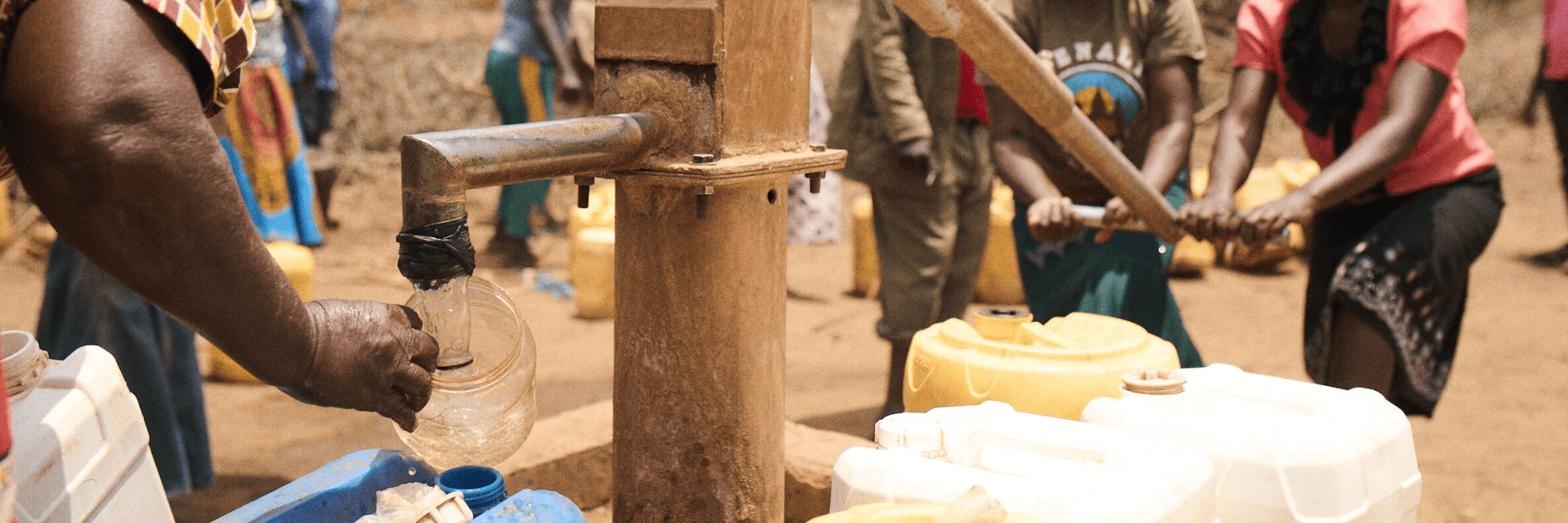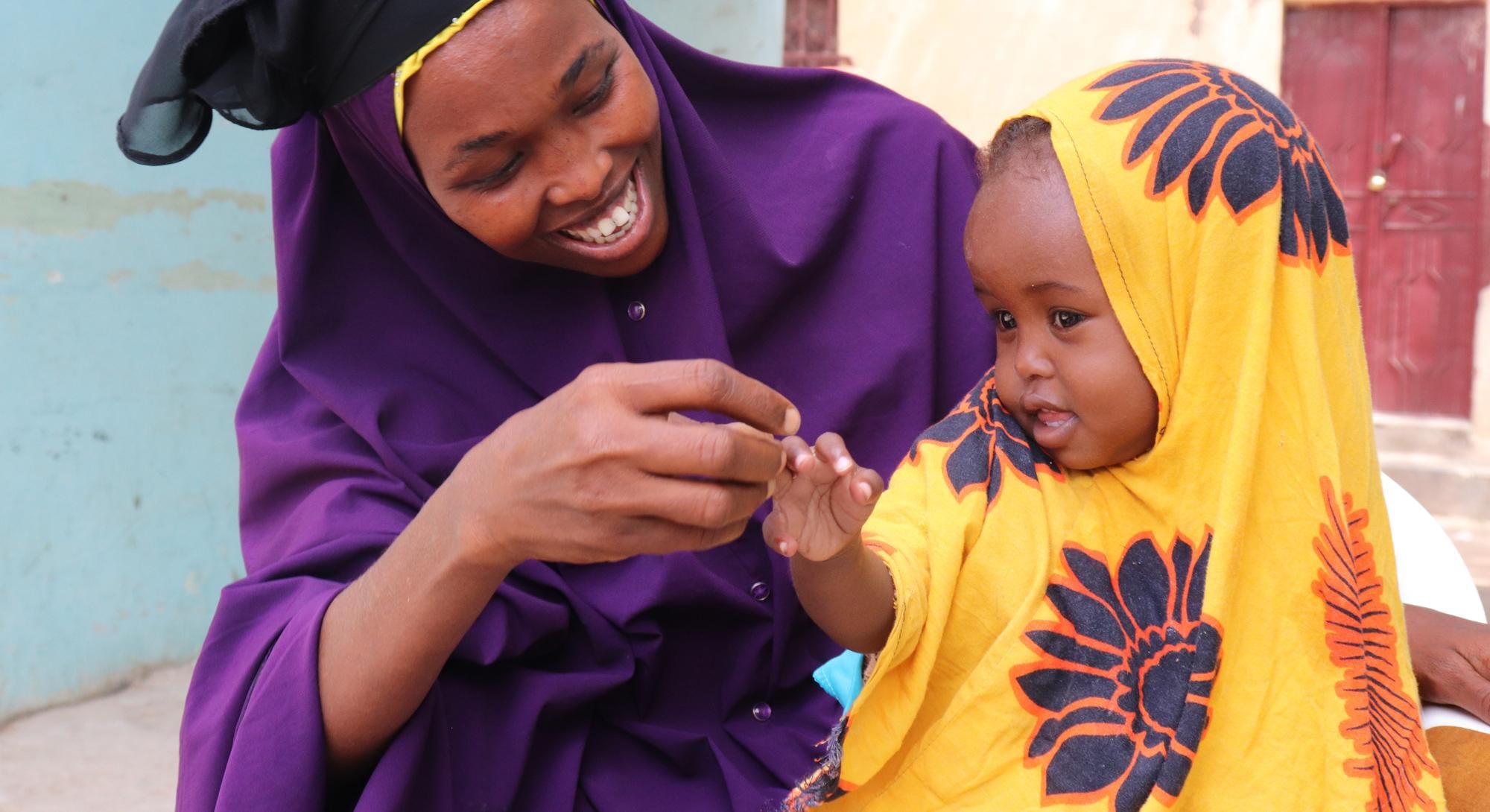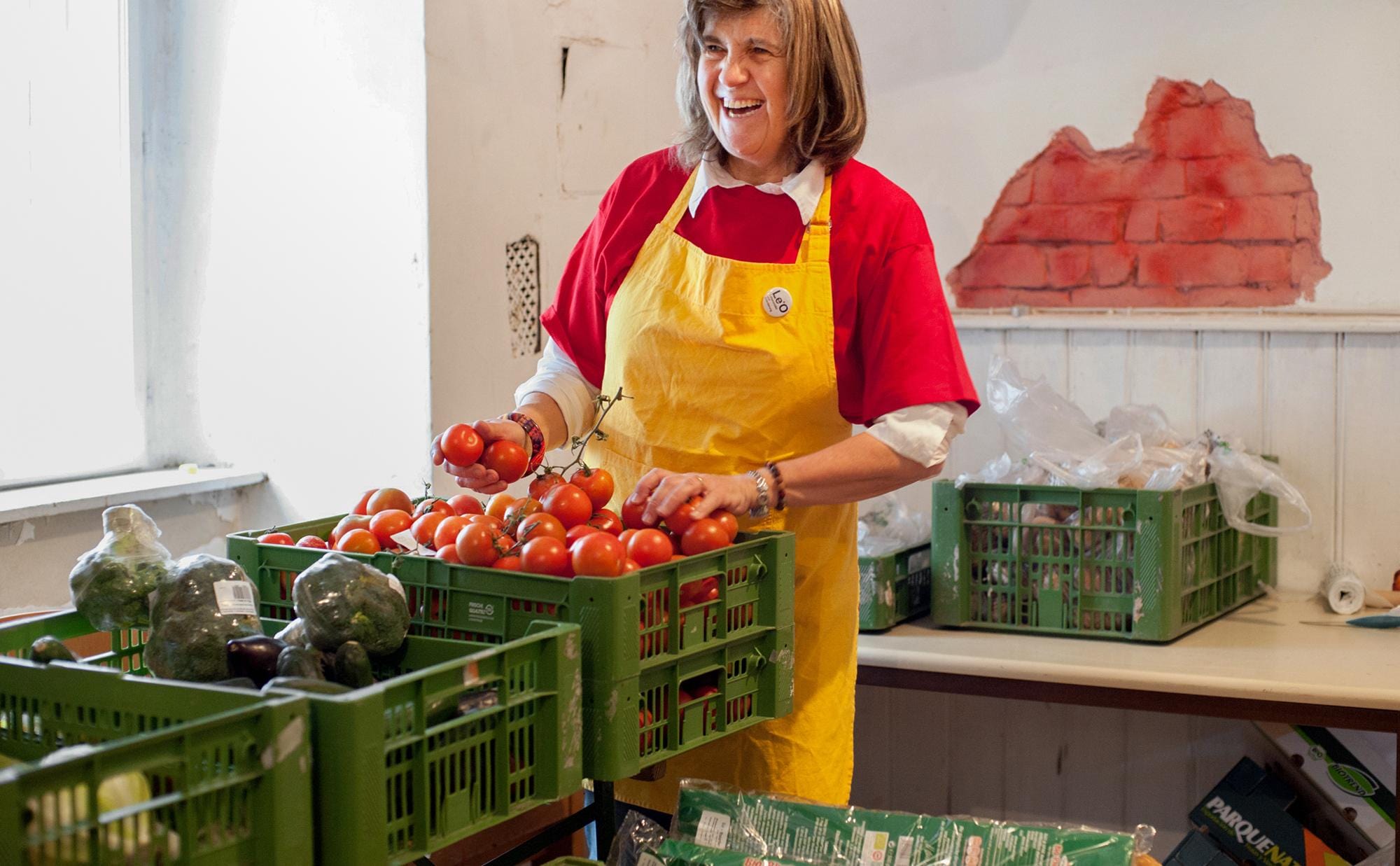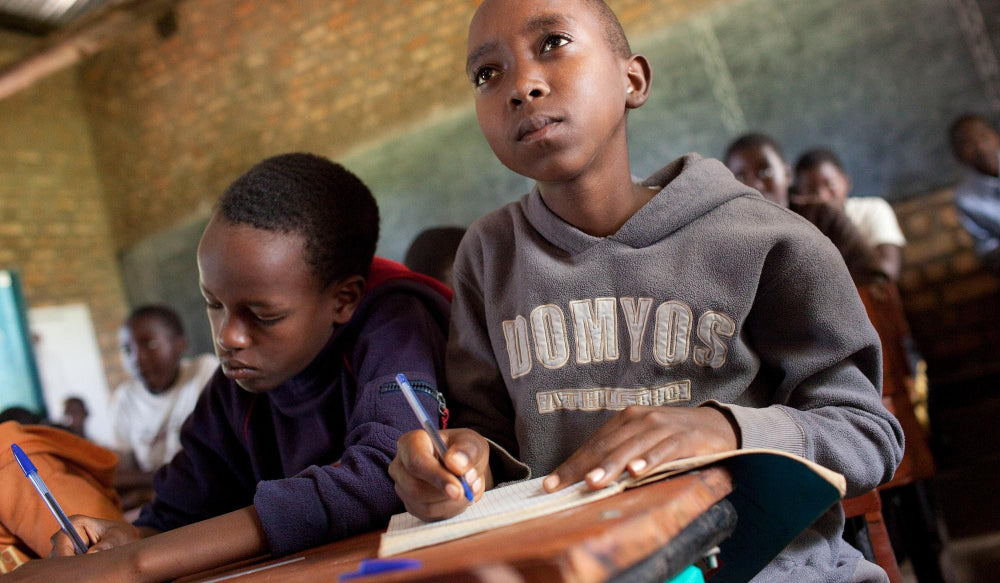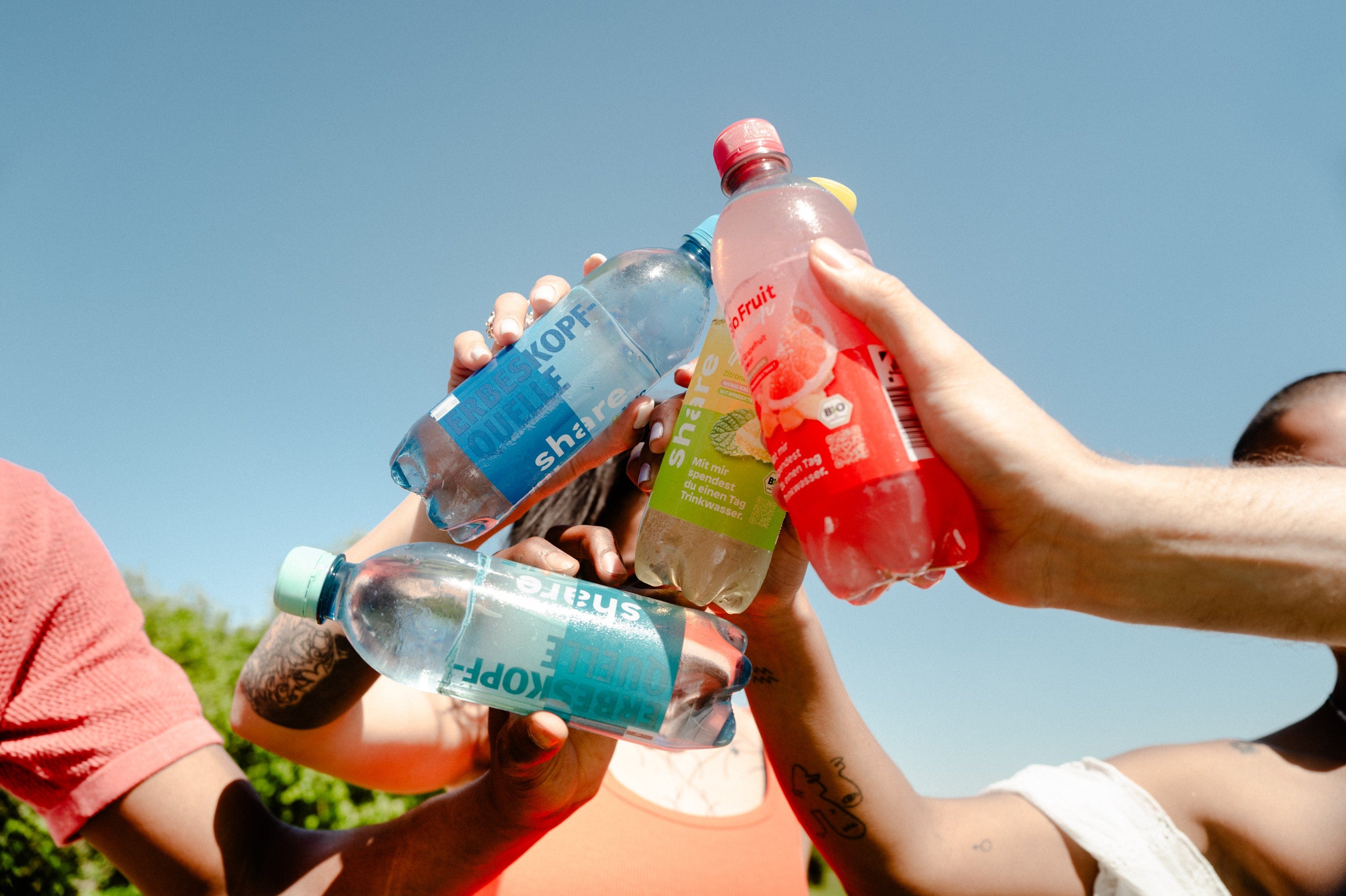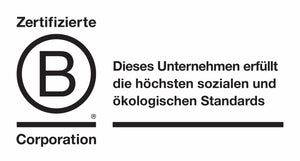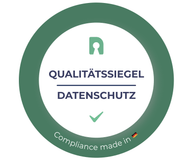Together with you and Fundifix, we enable sustainable access to drinking water.
Did you know that each of our products always contains a social donation? Let's look at Kenya, a major economic power in East Africa. However, social inequalities pose major challenges for the country and many people live in extreme poverty. Access to clean drinking water is often inadequate in rural areas. With your drink, you donate clean drinking water for a day and help to supply rural areas of Kenya with water.
But what is actually behind a day of drinking water?
Now you're wondering what exactly we mean by a day of drinking water and how this relates to repairing a well. To do this, we need to go a little further. A day of clean drinking water in our country is equivalent to at least 20 liters - the daily amount of water that a person needs at least according to the WHO. This means that everyone should have access to at least 20 liters of clean drinking water in order to be able to do everyday things like drinking, cooking or personal care. Does that sound like a small amount to you? Yes, that's true, in Europe the average water consumption is 144 liters per day. Nevertheless, this standard significantly improves the living situation of many people.
In our project with FundiFix, local mechanics repair pipelines, water points and hand pumps in rural areas of Kenya to give people access to sustainable water infrastructure. The constant monitoring of the infrastructure using machine learning technology is also particularly important. It usually detects impending failures before they happen and thus manages to shorten the repair time from an average of one month to 1-3 days.
This access to a functioning water source can make a significant difference to the community, as clean drinking water impacts several aspects of sustainable development. In addition to good health, clean drinking water also enables girls to attend school or women to work outside the home. This is because women and girls are traditionally responsible for fetching water and often have to travel long distances to do so. If these journeys are drastically shortened, girls can use this time to go to school. Education gives them better opportunities for social and economic participation, which in turn weakens dependency and can reduce poverty.

